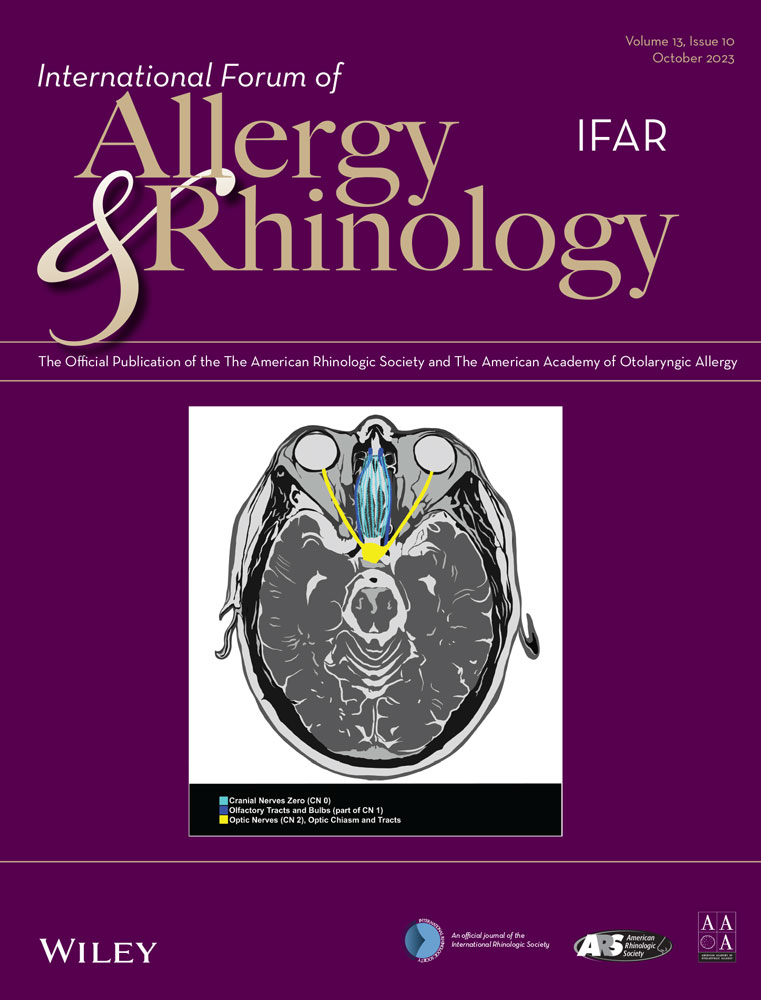Gustatory dysfunction is related to Parkinson's disease: A systematic review and meta-analysis
Abstract
Background
Olfactory dysfunction has been reported to be involved in Parkinson's disease (PD) pathogenesis. However, gustatory dysfunction in PD has not been evaluated as in-depth as olfactory dysfunction. We reviewed the previously published studies regarding gustatory function in PD patients and suggested the possibility that gustatory dysfunction may also be associated with PD.
Methods
MEDLINE, Cochrane Library, Embase, and PubMed databases were searched for studies evaluating gustatory function in PD patients. We used the standardized mean difference and a 95% confidence interval (CI) as the effect analysis index regarding the taste strip test. The relative risk and 95% CI were used as the effect analysis index for the questionnaires and propylthiouracil (PTU)/phenylthiocarbamide (PTC) perception test. Statistical heterogeneity was assessed using forest plots, Cochran's Q, and the I2 statistic; heterogeneity was considered high when I2 was over 75%. Publication bias was assessed by funnel plots and the Egger bias test.
Results
We identified 19 articles that reported the results of gustatory function tests in PD patients and healthy controls. Most of these studies used various gustatory tests, including taste strips, questionnaires, taste solutions, PTU/PTC perception tests, and electrogustometry, and reported significantly lower gustatory function in PD patients than in the controls. However, several articles reported contradictory results.
Conclusions
Based on these studies, gustatory dysfunction is closely related to PD. However, the number of studies and enrolled subjects was small, and a unified gustatory function test was lacking. Therefore, further studies with larger populations and normalized gustatory function tests are needed.
CONFLICT OF INTEREST STATEMENT
The authors declare no conflicts of interest.
Open Research
DATA AVAILABILITY STATEMENT
This study's data are available from the corresponding author upon reasonable request. The data are not publicly available.




